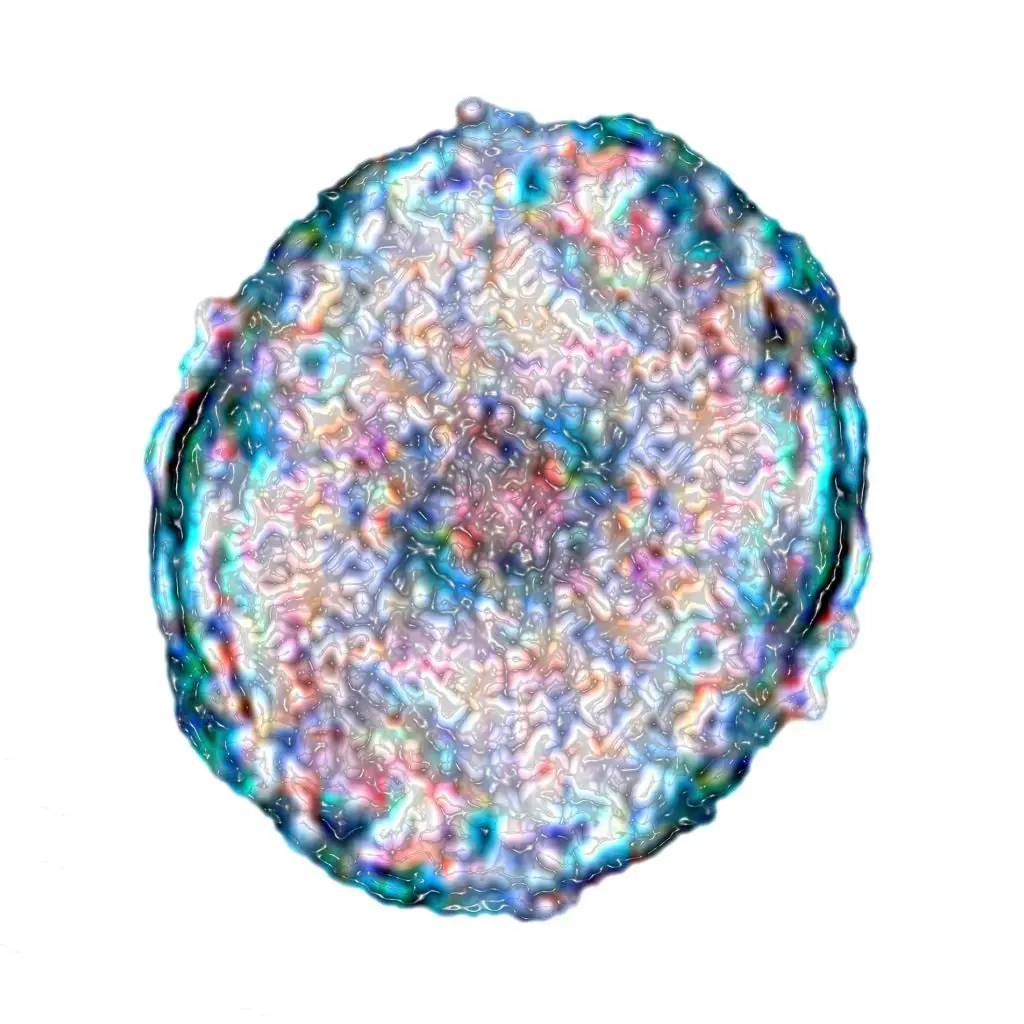Other Treatment Methods
- Adrenal hyperplasia
- Gestational diabetes
- Growth disorders in children
- Hashimoto's thyroiditis
- Hormone deficiency
- Hormone-producing tumors
- Hyperthyroidism
- Hypofunction of the adrenal cortex
- Hypothyroidism
- MODY (Maturity Onset Diabetes of the Young)
- Obesity
- Osteoporosis
- Overactivity of the adrenal cortex
- Sex hormones
- Type 1 diabetes
- Type 2 diabetes

© Freepik
Growth disorders in children
Growth disorders in children are among the most common reasons why parents visit an endocrinologist with their child. This is because children's growth is strongly influenced by hormones – especially by growth hormone (somatotropin), but also by other messengers like thyroid hormones, insulin, Sexual hormones and the growth factor IGF-1. A growth disorder is present when a child is significantly shorter or taller than their peers, or when growth is unusually slow or fast. A distinction is made between slow growth (growth delay) and excessive growth.
Causes of growth disorders in children
The most common causes of slowed growth, aside from genetic factors (e.g. short-statured parents), are primarily hormonal disorders. The most significant is growth hormone deficiency, where the pituitary gland does not produce enough somatotropin. Other causes can include Hypothyroidism, chronic diseases, malnutrition, genetic syndromes, or psychosocial stress. But even early or delayed puberty can significantly influence growth.
The typical symptoms of growth hormone deficiency are slow linear growth, childlike body proportions, a round face, reduced muscle mass, and possibly low Blood sugar. Children often stand out by 'falling behind' compared to their peers or by wearing the same size clothes for extended periods.
Diagnosis and treatment of growth disorders in children
The diagnosis starts with precise measurement of height and growth velocity over an extended period. Measuring the parents' height is also important. Growth charts and percentile values (based on large comparison collectives) are used to assess whether a child's growth is within normal range. The examination is complemented by determining bone age using an X-ray of the left hand, blood hormone analysis, and if necessary, a growth hormone stimulation test to check if the pituitary gland releases sufficient growth hormone in response to specific stimuli.
The treatment depends on the cause. If growth hormone deficiency is confirmed, daily growth hormone injections are administered subcutaneously. This therapy is typically well tolerated and continues until growth completion. If there is an underactive thyroid, substitution with a synthetic thyroid hormone helps. For genetic syndromes or other organic causes, treatment is usually part of an interdisciplinary approach.








